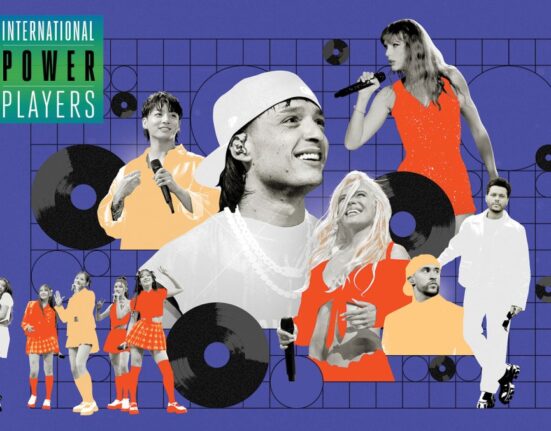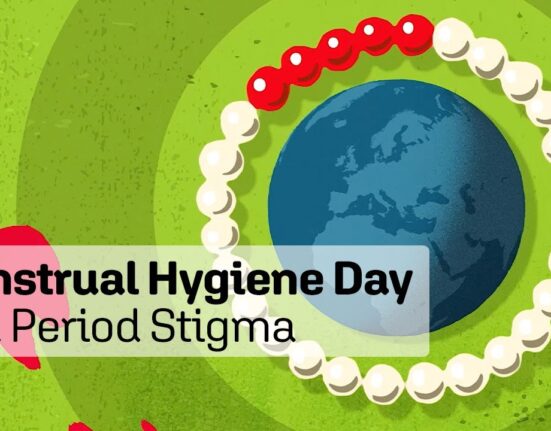Since February 2025, Spotify, the popular music streaming platform, has been in the spotlight for deducting streams from various artists. The digital uproar continued into early April when several Nigerian music stars were hit with stream deductions on their songs. This ongoing saga of subtracted streams has left many in the music industry scratching their heads and questioning Spotify’s motives.
What Led to the Stream Subtractions?
Despite the flurry of adjustments made to all-time streaming numbers for multiple tracks, Spotify has remained tight-lipped about the reasons behind these actions. Speculations have arisen that these stream deductions could be linked to fraudulent activities or violations of Spotify’s terms and conditions by some artists or third-party services.
The Artist Community Reacts
The impact of these stream deductions reverberated across Africa as multiple African artists found themselves grappling with reduced streaming figures. The Debut Hub highlighted this issue on social media, shedding light on how significant stream deductions had affected talents in the region over a span of months.
As artists tried to make sense of these sudden alterations to their streaming numbers, questions swirled around whether there was a targeted approach or if it was a broader cleanup exercise by Spotify to maintain integrity within its platform.
Understanding Spotify’s Policies
While Spotify refrained from offering detailed explanations publicly, its policies regarding fraudulent streams became more apparent. The company strictly prohibits artists from engaging with third-party services that promise artificial streams in exchange for monetary benefits. Such practices not only violate Spotify’s terms and conditions but also have far-reaching consequences for those involved.
In an official statement, Spotify emphasized its stance on combating stream manipulation and ensuring fair play within the music industry. By clamping down on illegitimate practices like buying streams or artificially boosting popularity through dubious means, Spotify aims to uphold transparency and equity among creators and their audiences.
The Ramifications of Artificial Streaming
For those caught red-handed manipulating streams, Spotify doesn’t hold back on implementing punitive measures. From correcting public streaming numbers to removing songs from playlists and withholding royalties, artists face severe repercussions for trying to game the system. The severity of these actions underscores Spotify’s commitment to maintaining a level playing field for all musicians.
Streaming manipulation isn’t just a local issue; it resonates globally within the music streaming landscape. With past controversies like Drake calling out Universal Music over bot-generated plays inflating song popularity, digital platforms like Spotify are under increasing pressure to combat such malpractices effectively.
An Ongoing Battle Against Fraudulent Streams
As Nigeria continues to grapple with challenges surrounding stream authenticity and fair competition in the music scene, industry stakeholders emphasize vigilance against any form of dishonest engagement with digital platforms. While debates may ensue about where accountability lies – whether with artists seeking shortcuts or entities facilitating false engagement – one thing remains clear: maintaining trust and credibility is pivotal for sustaining a healthy music ecosystem online.
In conclusion, as artists navigate through this tumultuous period of stream deductions and policy enforcements by platforms like Spotify, transparency and adherence to ethical standards will be crucial pillars shaping the future landscape of digital music consumption.









Leave feedback about this